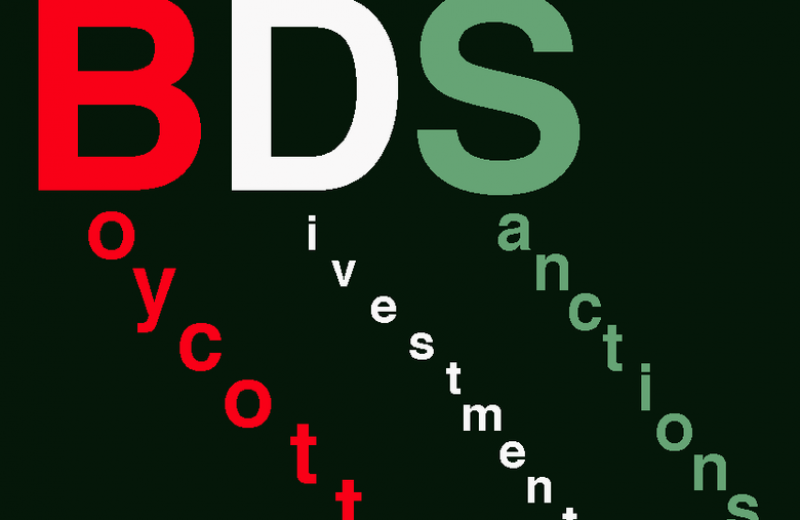 Policy Papers and Reports
/ Israel and Europe
Policy Papers and Reports
/ Israel and Europe
The differentiation policy led by the European Union (EU) distinguishes between the sovereign State of Israel within the 1967 borders and the occupied territories. The BDS Movement calls for what its initials stand for – boycott, sanctions and divestment – to be inflicted upon the whole State of Israel. Although they differ in essence, public discourse in Israel often confuses the two – whether unintentionally, stemming from ignorance, or intentionally because of certain political views. This paper aims to draw a clear distinction between the two policies in order to enable a more nuanced, less impassioned and more conducive dialogue in Israel and with the EU, along with an uncompromising fight against the BDS movement.
The EU’s differentiation policy seeks to maintain trade and cooperation with the State of Israel within its 1967 borders, in adherence to international law and Europe’s consumer protection laws – unlike the BDS movement that seeks to boycott and sanction the entire State of Israel. Recognizing the value of EU-Israel relationship, the EU’s differentiation policy aims to incentivize Israel to resume negotiations with the Palestinians. The BDS movement, on the other hand, sets goals (such as revoking the right of return and abrogating the Law of Return) that if fully achieved would mean Israel’s end as a Jewish state. The differentiation policy includes an element of normative condemnation but not delegitimization of the State of Israel as a whole, as espoused by the BDS movement. Whereas the differentiation policy implements existing international law, the BDS movement aspires to change the international perception of Israel even within its 1967 borders.
Currently, the economic implications of both the differentiation policy and the BDS movement are negligible. However, in the long term, the threat posed by the BDS activities is greater than that of the differentiation policy, since the BDS is not limited to the settlements. The UN recently issued a list of companies operating in the settlements, which could serve in the future to boycott the settlements and damage major companies that play a significant role in Israel’s economy. The EU does not see any connection between its differentiation policy and the BDS movement, to which some European states oppose.


